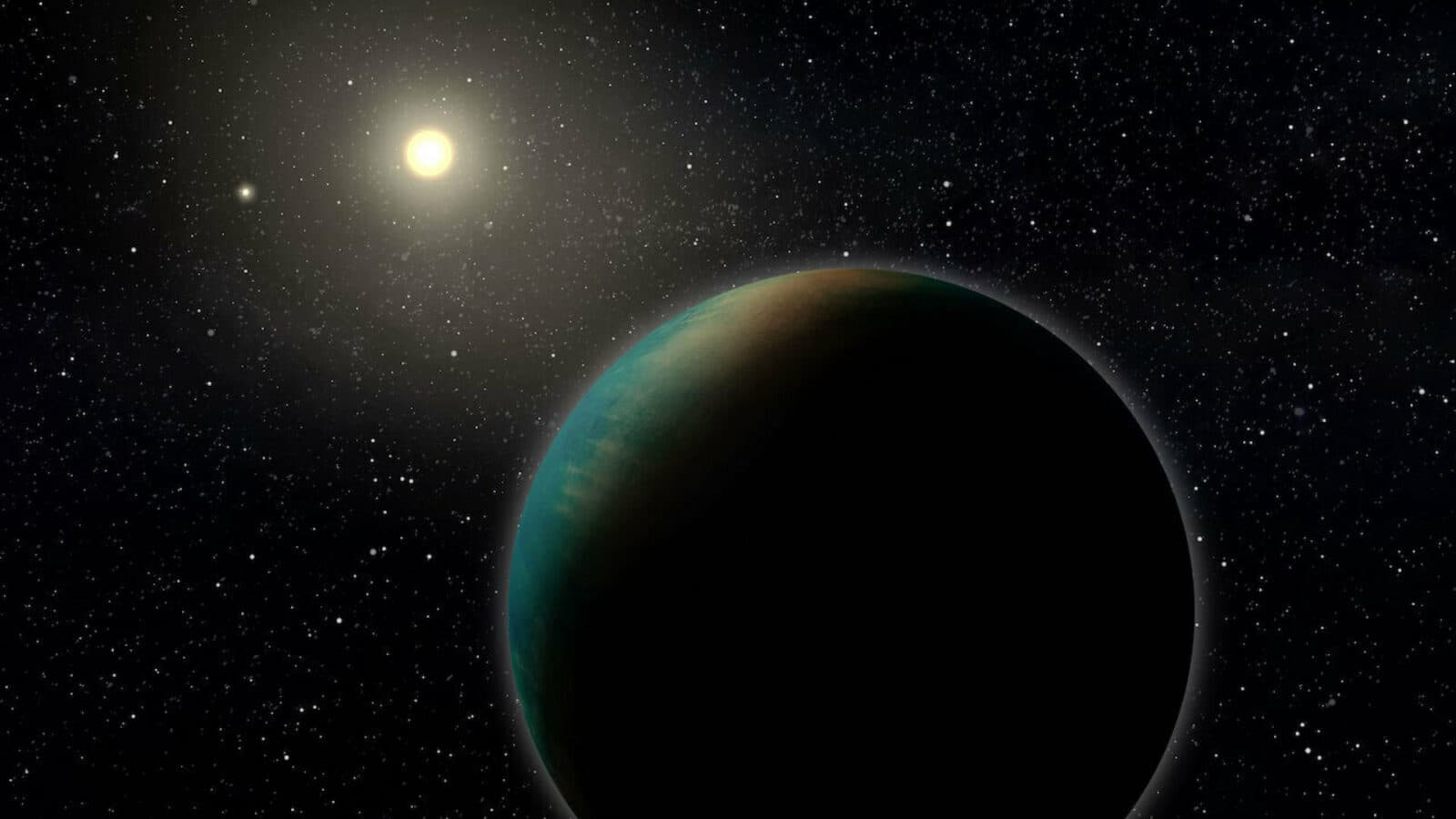Signs of Life
Scialog: Signatures of life in the universe

Are there other planets like Earth? What signs are out there among the more than 5,000 exoplanets that have been found? Large-scale instruments like JWST have dazzled with the ability to view exceedingly distant objects – some for the first time and other previously identified objects in novel ways. While efforts like these are in play, there are others afoot from early-career scientists who are probing for biosignatures that can indicate life exists on other worlds.
Beginning in 2021, The Kavli Foundation provided support for Scialog: Signatures of Life in the Universe. Co-sponsored by the Research Corporation of America and the Heising-Simons Foundation, the goal of this Scialog series is to bring together scientists from multiple disciplines to collaborate on new and innovative projects to advance the understanding of exoplanet habitability, the origins of life, and its signatures in the universe. More than 50 researchers come together for each series, with the following objectives:
- Engage in dialogue with the goal of accelerating high-risk/high-reward research, identify and analyze bottlenecks to advancing fundamental science for finding signatures of life in the universe, and develop approaches for breakthroughs.
- Build a creative, better-networked, collegial community that is more likely to produce breakthroughs.
- Form teams to write proposals to seed novel projects based on highly innovative ideas that emerge at the conference.
One outcome of each three-day conference is seed funding for teams of two to three Scialog Fellows for high-risk, high-impact projects. From the 2021 conference, The Kavli Foundation supported Dr. Edwin Kite at the University of Chicago. He is working with Dr. Jennifer Glass at Georgia Institute of Technology and Dr. Smadar Naoz at UCLA (both funded by Research Corp.) on a two-year project entitled “Methane from Nontraditional Abiotic Sources and Potential for False Biosignature Positives.”
In part two of the three-part series held in June 2022, Scialog again brought together scientists in the early years of their independent careers and for the first time in person (as 2021 was virtual due to the COVID-19 pandemic). The multi-disciplinary group included Earth and planetary science, chemistry and physics, astronomy and astrobiology, microbiology and biochemistry, and computer and data science. The objectives and focus remained the same as the first Scialog, along with an opportunity to again submit proposals for seed funding collaborations.
The Kavli Foundation selected Dr. Edward Schwieterman of UC Riverside and Dr. Ziming Yang of Oakland University, who will begin a two-year project entitled “Methylated Organometallic Gases as Potential Biosignatures.”